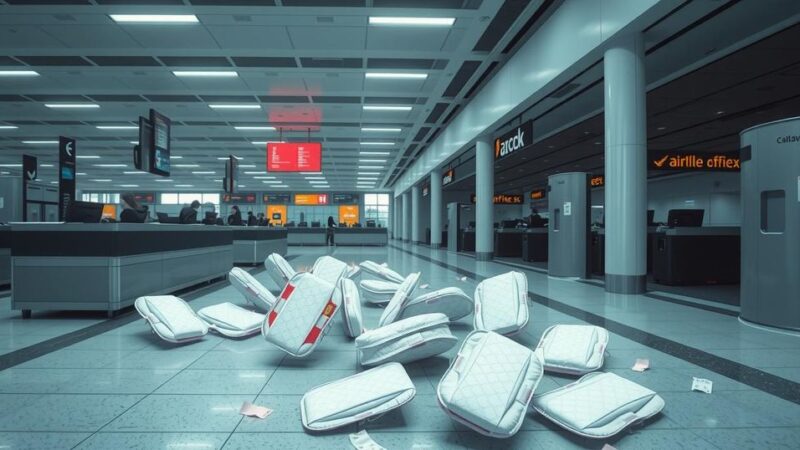Several countries, notably Rwanda, South Africa, and Thailand, are pursuing the opportunity to host a Formula 1 race despite significant economic issues. The ambition faces numerous funding hurdles, and hosting a Grand Prix may distract from essential local needs. If F1 intends to expand into these markets, it should accommodate local populations through affordability and investment in grassroots initiatives.
As Formula 1 (F1) teams and drivers take a break, countries like Rwanda, South Africa, and Thailand are vying for a place on the F1 calendar. These nations share a commonality in that they face pressing domestic challenges that should take precedence over hosting extravagant events like a Grand Prix. Recent discussions highlight South Africa’s determination to reinstate a Grand Prix, yet funding remains a significant obstacle.
The South African Sports Minister, Gayton McKenzie, expressed his desire for Africa, with its 54 nations, to finally hold a Grand Prix, as it currently has none compared to Europe’s ten races. However, securing financing for this ambition appears to be a recurring issue. Past efforts to bring a race back to the Kyalami circuit have repeatedly failed due to a lack of sufficient funding.
The hope that hosting a Grand Prix would attract vast numbers of tourists is often misplaced, as evidenced by previous challenges faced by the Malaysian Grand Prix. Local populations in countries like Rwanda, South Africa, or Thailand primarily desire basic amenities, such as reliable utilities and food security, rather than high-profile racing events. Furthermore, the financial burden of organizing such events typically falls on public funds, raising ethical concerns regarding governmental priorities amid economic hardship.
If the FIA and F1 indeed find value in hosting races in Africa or lesser-developed areas of Asia, they should reconsider their approach. Waiving participation fees, providing ticket prices that are accessible to local communities, and investing profits into local motorsport initiatives could create a more suitable environment for these countries. It remains critical to assess whether there is genuine local interest and benefit in establishing a Grand Prix in nations such as Rwanda or Thailand, which lack motorsport heritage.
The discussion surrounding the incongruence of high-budget Formula 1 events in economically challenged nations such as Rwanda, South Africa, and Thailand stems from broader debates on governmental priorities, economic feasibility, and local needs. While these countries strive for international recognition and tourism, hosting a Grand Prix may divert attention and resources from pressing domestic issues, such as poverty alleviation and infrastructure improvements. The history of F1 in South Africa adds a layer of complexity, but the need for a revival must be weighed against current economic realities.
In conclusion, the aspirations of Rwanda, South Africa, and Thailand to host Formula 1 races should be critically evaluated against the backdrop of their socio-economic challenges. The potential misallocation of resources and priorities raise important ethical questions about governmental spending on luxury events versus addressing basic needs. For F1 and FIA, fostering local engagement and support should take precedence over merely expanding their global footprint. A thoughtful and community-focused approach could significantly alter the landscape of motorsport in these regions.
Original Source: www.gpblog.com





